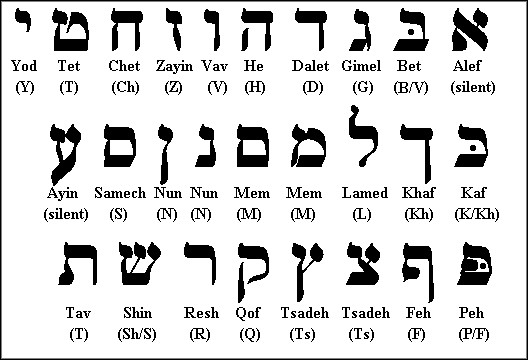soften in Hebrew
Do you know soften in Hebrew? How to use soften in Hebrew and how to say soften in Hebrew? How to write soften in Hebrew? Now let's learn how to say soften in Hebrew language.
soften translate to Hebrew meanings: לרכך.
In other words, לרכך in Hebrew is soften in English.Click to pronunce
| English | Hebrew |

|

|
| soften | לרכך |
How to use soften in Hebrew?
Meaning of soften in Hebrew language is: לרכך.
Other words in Hebrew
- What is suzerain in Hebrew?
- What is stoves in Hebrew?
- What is sceptic in Hebrew?
- What is Sunda in Hebrew?
- What is slug in Hebrew?
Additional definition and meaning of soften in Hebrew language
Why we should learn Hebrew language?
There are many, many reasons why learning a new language is a good idea. It allows you to communicate with new people. It helps you to see things from a different perspective, or get a deeper understanding of another culture. It helps you to become a better listener. It even has health benefits, as studies have shown that people who speak two or more languages have more active minds later in life!
7 reasons to learn a Hebrew language
- Makes you smarter.
- Boosts academic achievement.
- Provides professional and career advantages.
- Provides broader access to education and information.
- Gives you more social and global skills.
- Increases national security.
- Life is more interesting.
How to say soften in Hebrew?
לרכך. This is your most common way to say soften in לרכך language. Click audio icon to pronounce soften in Hebrew::
| English | Hebrew |

|

|
| soften | לרכך |
How to write soften in Hebrew?
The standard way to write "soften" in Hebrew is: לרכך
Alphabet in Hebrew

About Hebrew language
See more about Hebrew language in here.
Hebrew (עִבְרִית, About this soundIvrit (help·info), IPA: [ivˈʁit] or [ʕivˈɾit]) is a Northwest Semitic language of the Afroasiatic language family. Historically, it is regarded as the language of the Israelites, Judeans and their ancestors. It is the only Canaanite language still spoken and the only truly successful example of a revived dead language, and one of only two Northwest Semitic languages still spoken, the other being Aramaic.
The language was not referred to by the name Hebrew in the Hebrew Bible, but as Yehudit ("the language of Judah") or səpaṯ Kəna'an ("the language of Canaan").[note 1] Mishnah Gitin 9:8 refers to the language as Ivrit meaning Hebrew; however, Mishnah Megillah refers to the Hebrew language as Ashurit, meaning Assyrian, which is derived from the name of the alphabet used, in contrast to Ivrit meaning the paleo-Hebrew alphabet. The earliest examples of written Paleo-Hebrew date to the 10th century BCE..
Writing system in Hebrew
Hebrew alphabet, Hebrew Braille, Paleo-Hebrew alphabet (Archaic Biblical Hebrew), Imperial Aramaic script (Late Biblical Hebrew)
Hebrew Speaking Countries and Territories
Hebrew Speaking Countries and Territories: Israel.

Hebrew native speakers
Hebrew native speakers: 9 million speakers of Modern Hebrew of which 5 million are native speakers (2017).
Hebrew language code
Hebrew language code is: he.
Conclusion on soften in Hebrew
Now that you have learned and understood the common ways of saying soften in Hebrew is "לרכך", it's time to learn how to say soften in Hebrew. This will hopefully give you a little motivation to study Hebrew today.
לרכך in Hebrew meanings soften in English.
